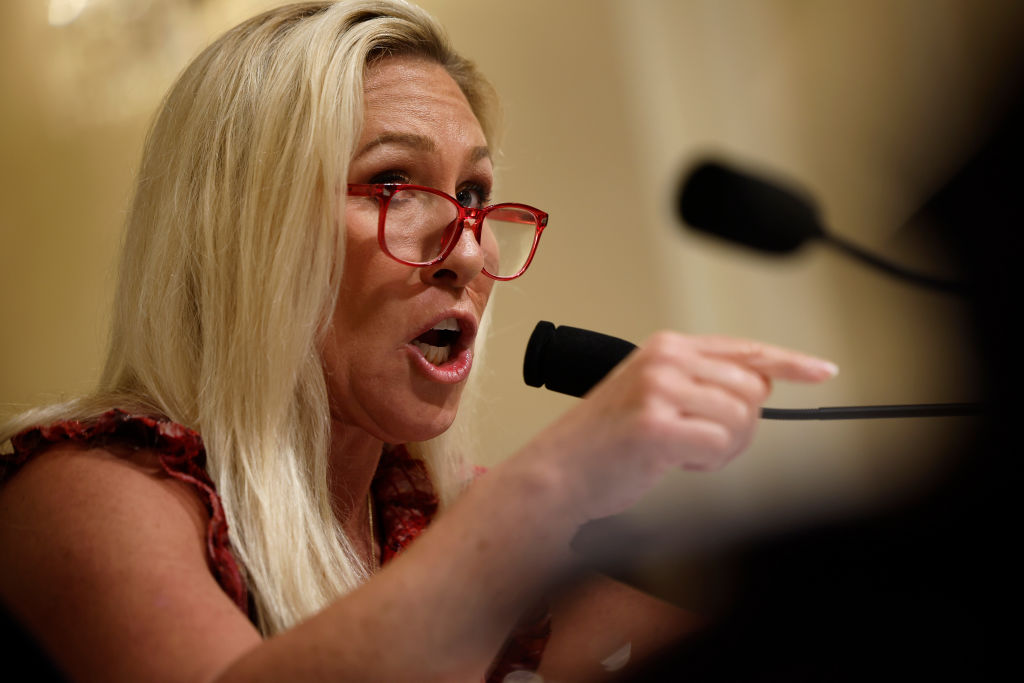Suicide bombers killed 17 people _ including two American soldiers _ and wounded more than 100 in a string of blasts in two Iraqi cities Thursday as a timetable for withdrawing all U.S. troops won final government approval.
The brazen attacks in areas where the U.S. military has struggled for years to maintain order raised questions about Iraq’s ability to ensure its own security as the U.S. scales down its own combat role under the newly ratified U.S.-Iraqi security pact, which calls for an American withdrawal within three years.
Iraq’s three-member presidential council signed off on the pact Thursday, removing the last legal barrier so that the agreement can take effect Jan. 1.
But the latest bombings underscore the fragility of Iraq’s recent security gains, adding new urgency to U.S. efforts to train and equip an Iraqi security force capable of maintaining order after American troops have gone home.
The two Americans were killed when a suicide driver detonated an explosive-laden car near an Iraqi checkpoint in the northern city of Mosul, military spokesman Lt. Col. Dave Doherty said. Iraqi police said eight people were wounded, most of them civilians.
But the deadliest attacks occurred in Fallujah, the country’s most heavily guarded city and once the symbol of Sunni Arab resistance to the U.S. occupation.
Truck bombers struck within minutes of each other outside the concrete barriers surrounding two police stations in different parts of the city, killing 15 people, wounding more than 100 and shattering nearby buildings, police and hospital officials said.
An al-Qaida front group, the Islamic State of Iraq, purportedly claimed responsibility for the attack in a statement posted on a militant Web site.
The thunderous blasts could be heard across the city of about 400,000 and sent giant plumes of black smoke rising over the dust-brown buildings.
“I was drinking tea in my house when a big explosion took place. It was like an earthquake,” said Saad Ibrahim, a 34-year-old mechanic who lives near one of the police stations. “I could hear the cry of a child trapped in a house. … We tried to help him, but the police and firefighters arrived and asked us to leave the area.”
Local authorities announced a curfew and closed all exits and entrances to the city. Police said the blasts were so huge that investigators could not find the chassis or the engines of the two trucks used in the attacks.
“It looks like the trucks evaporated,” a senior police official told The Associated Press.
All the police and hospital officials spoke on condition of anonymity because they weren’t authorized to release the information.
Northeast of Baghdad, a bomb left on a parked motorcycle exploded near a restaurant in Baqouba, another one-time Sunni militant stronghold, killing three people and wounding 10, according to police at the security headquarters for the surrounding Diyala province.
U.S. commanders say attacks are down 80 percent nationwide since last March but that al-Qaida and other militants remain capable of staging limited but high-profile attacks.
The bombings in Fallujah, 40 miles west of Baghdad in Anbar province, were significant because they show the resilience of an insurgency that has suffered severe setbacks over the past two years as many Sunnis turned against al-Qaida and other religious extremists.
Fallujah was effectively the headquarters of the Sunni insurgency until U.S. troops seized control of the city in November 2004 after the fiercest fighting of the Iraq war.
In the aftermath, U.S. and Iraqi authorities imposed stringent security measures, sealing off the city with checkpoints, restricting vehicle movements and requiring residents to enter and leave only after submitting to strict searches.
However, security responsibility in Anbar province was turned over to the Iraqis last September. Since then, residents said restrictions had been relaxed and people were allowed to enter the city without showing special resident identification cards.
Decisions on easing security are going to be left increasingly to the Iraqis under the security agreement that replaces a U.N. mandate giving the U.S.-led coalition sweeping powers to conduct military operations. The agreement gives Iraqis greater oversight of U.S. military operations.
It also requires American soldiers to leave the cities by the end of June and depart the country by the end of 2011.
Approval by the presidential council came one week after parliament signed off on the agreement, which was hammered out during months of tough negotiations that at times seemed on the point of collapse.
The agreement is still subject to approval by Iraqi voters in a referendum by the end of July. If voters reject the deal, Iraqi will ask the U.S. for a new round of talks.
The referendum was a concession to Sunni demands and has been endorsed by the country’s leading Shiite cleric, Grand Ayatollah Ali al-Sistani. His endorsement means it would be politically untenable for the Shiite-led government to cancel the referendum.
Under the agreement, Iraq will gain strict oversight over the nearly 150,000 American troops now on the ground, representing a step toward full sovereignty for Iraq and a shift from the sense of frustration and humiliation that many Iraqis feel at the presence of American troops on their soil for so many years.
President Jalal Talabani, a Kurd, and his two deputies Tariq al-Hashemi, a Sunni Arab, and Adel Abdul-Mahdi, a Shiite, signed the accord at their headquarters in Baghdad, council spokesman Nasser al-Ani told The Associated Press.
In Washington, the White House welcomed Thursday’s decision.
White House press secretary Dana Perino said the Iraqi presidential council’s approval sets a path for American troops to come home and called the agreement a “remarkable achievement for both of our countries.”
















